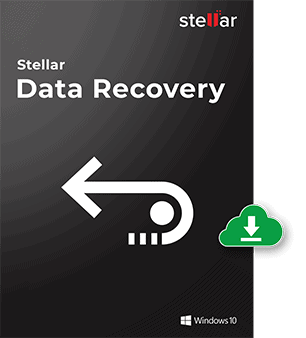Hard Drive Failure Symptoms: Read All About Them on the ACRBO Blog
Here at Gillware, we see a lot of failed hard disk drives—about two dozen every day, on average. These hard drives come to us from customers of all sorts. We see everyone from home users to small business owners to major corporations. We see drives of every size, make, and model. Every failure is just a little different, but it’s fairly easy to divide the symptoms each drive experiences into broad categories of hard drive failure symptoms.
Early hard drive failure symptoms
First off are the early warning signs that your hard drive is about to join that big server in the sky (no, not the Cloud—the other big server in the sky). These hard drive failure symptoms indicate that your drive is breaking down and will not be long for this world. They will often start showing up early enough that you might be able to pull off your most important data before the drive takes a dirt nap. (Usually, when they come to our lab, it’s because they’ve died just a bit too soon.)
1. Frequent slowdowns, freezes, and crashes
2. Frequent, yet intermittent boot errors
3. Excessively long access times
4. Files temporarily vanish or appear to be corrupted
5. S.M.A.R.T. failure warnings
Data Recovery Software to recover
lost or deleted data on Windows
If you’ve lost or deleted any crucial files or folders from your PC, hard disk drive, or USB drive and need to recover it instantly, try our recommended data recovery tool.
Retrieve deleted or lost documents, videos, email files, photos, and more
Restore data from PCs, laptops, HDDs, SSDs, USB drives, etc.
Recover data lost due to deletion, formatting, or corruption

Late hard drive failure symptoms
Then, there are the hard drive failure symptoms that happen quite a bit too late for you to do anything outside of contacting a data recovery lab. These failure symptoms indicate that the drive has suffered a catastrophic failure. When you encounter these hard drive failure symptoms, only professionals in a clean room data recovery lab can reliably retrieve your data.
6. Hard drive clicks
7. Hard drive makes beeping noises
8. Grinding or screeching noises emit from hard drive
9. Hard disks won’t spin up
Fixing these issues usually involves replacing the delicate components inside the hard drive, which have broken down. The only safe place to open up a hard drive and remedy its issues is inside an ISO-5 Class 100 or higher clean room workstation. Hard drive repair specialists in professional data recovery labs have all of the relevant training and equipment to fix the root causes of these hard drive failure symptoms and salvage data from dead hard drives.
Read more about the 9 common hard drive failure symptoms:
Back in January, I wrote an article for the Association of Computer Repair Business Owners on nine of the most common hard drive failure symptoms we see at Gillware. Check out our guest blog post on the ACRBO vendor blog to learn about all nine hard drive failure symptoms in more detail:
